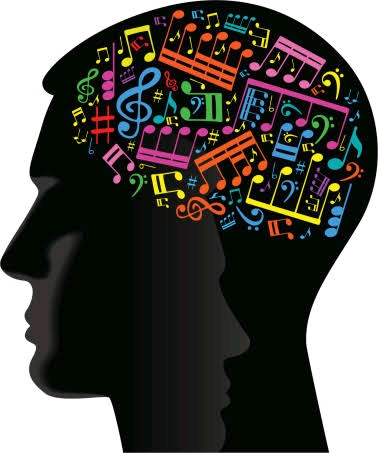
The Impact of Music on Human Development and Well-Being
Music is one of the most universal ways of expression and communication for humankind and is present in the everyday lives of people of all ages and from all cultures around the world.
Hence, it seems more appropriate to talk about musics (plural) rather than in the singular. Furthermore, research by anthropologists as well as ethnomusicologists suggests that music has been a characteristic of the human condition for millennia.
Nevertheless, whilst the potential for musical behavior is a characteristic of all human beings, its realization is shaped by the environment and the experiences of individuals, often within groups.
Listening to music, singing, playing (informally, formally), creating (exploring, composing, improvising), whether individually and collectively, are common activities for the vast majority of people. Music represents an enjoyable activity in and of itself, but its influence goes beyond simple amusement.
These activities not only allow the expression of personal inner states and feelings, but also can bring about many positive effects in those who engage in them. There is an increasing body of empirical and experimental studies concerning the wider benefits of musical activity, and research in the sciences associated with music suggests that there are many dimensions of human life—including physical, social, educational, psychological (cognitive and emotional)—which can be affected positively by successful engagement in music.
Learning in and through music is something that can happen formally (such as part of structured lessons in school), as well as in other-than-formal situations, such as in the home with family and friends, often non-sequentially and not necessarily intentional, and where participation in music learning is voluntary, rather than mandated, such as in a community setting.
Such benefits are evidenced across the lifespan, including early childhood, adolescence, and older adulthood. Within these lifespan perspectives, research into music’s contribution to health and well-being provides evidence of physical and psychological impacts. Benefits are also reported in terms of young people’s educational outcomes, and successful musical activity can enhance an individual’s sense of social inclusion and social cohesion.
In terms of childhood and adolescence, for example, Putkinen et al. demonstrate how musical training is likely to foster enhanced sound encoding in 9 to 15-year-olds and thus be related to reading skills. A separate Finnish study by Saarikallio et al. provides evidence of how musical listening influences adolescents’ perceived sense of agency and emotional well-being, whilst demonstrating how this impact is particularly nuanced by context and individuality.
Aspects of mental health are the focus for an Australian study by Stewart et al. of young people with tendencies to depression. The article explores how, despite existing literature on the positive use of music for mood regulation, music listening can be double-edged and could actually sustain or intensify a negative mood.
💿vaaaaa!

Wow, nice one 👏👏
Ovaaa man
Hello
This is Mike Gibbs
Let me introduce to you our latest research results from our constant SEO feedbacks that we have from our plans:
https://www.strictlydigital.net/product/semrush-backlinks/
The new Semrush Backlinks, which will make your ovamusic.net SEO trend have an immediate push.
The method is actually very simple, we are building links from domains that have a high number of keywords ranking for them.
Forget about the SEO metrics or any other factors that so many tools try to teach you that is good. The most valuable link is the one that comes from a website that has a healthy trend and lots of ranking keywords.
We thought about that, so we have built this plan for you
Check in detail here:
https://www.strictlydigital.net/product/semrush-backlinks/
Cheap and effective
Try it anytime soon
Regards
Mike Gibbs
mike@strictlydigital.net